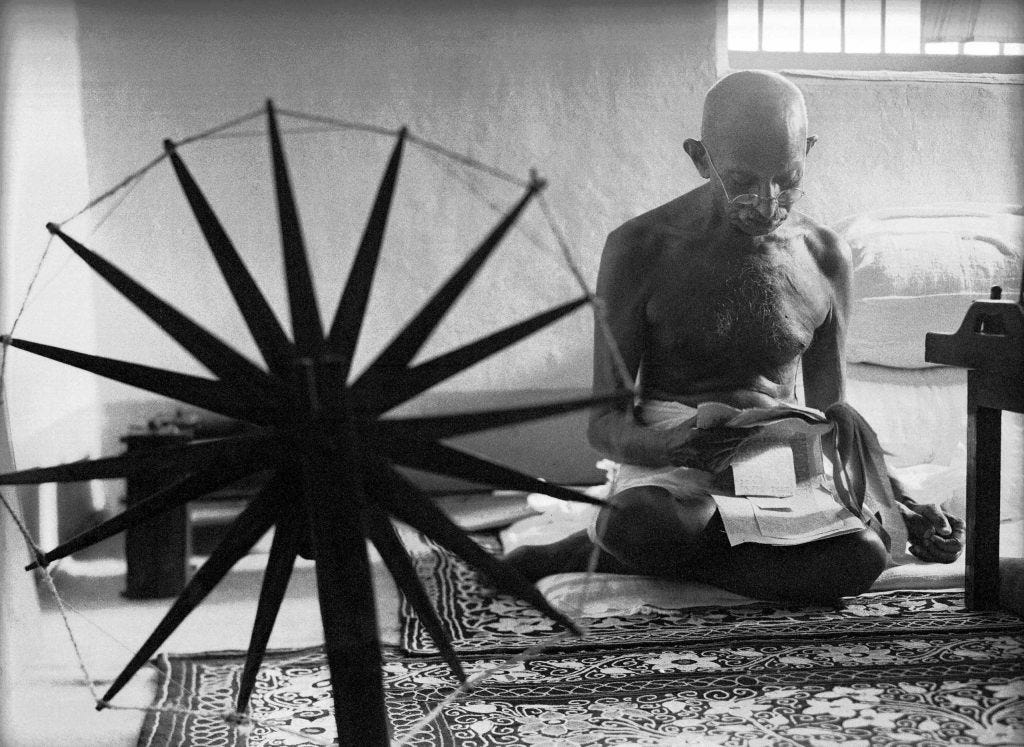announcing the Solidarity Stories Residency
Connecting photographers and communities to reimagine our economy
A lot of people feel like the economy isn’t working - not for them, not for their communities, and not for the planet.
The signs are everywhere. Growing inequality. Giant corporations squeezing out small businesses. Rising temperatures and stronger storms.
In response, people aren’t giving up. They’re showing up. They’re voting, recycling, donating, protesting, and organizing.
And across the United States and around the world, some people are doing economics differently to make it work for more of us. They are reclaiming the economy by building systems grounded in cooperation, care, and justice. Things like worker-owned businesses, community loan funds, and regenerative farms.
These kinds of solutions – examples of the solidarity economy – are powerful, but often they are invisible or unfamiliar.
What if we could change that? What if more people could see what’s working and be inspired to join?
One way— we show them.
Photography has long revealed what’s wrong, what’s possible, and how to be part of movements for change.
Take Frederick Douglass. The most photographed American of the 19th century—more than Lincoln, more than Twain.
By all accounts, Douglass was in love with photography.
He didn’t just sit for portraits. He co-created them. He used photography to dismantle the myth of the “happy slave.”
He was always serious. Never smiling. That was intentional. He knew photos could change public opinion.
In image after image, through his posture, dress, and expression, Douglass projected dignity, strength, and a demand for justice.
“Poets, prophets, and reformers are all picture-makers,” he said. “They see what ought to be by the reflection of what is, and endeavor to remove the contradiction.”
Douglass - the abolitionist - was also a picture maker.
Fast forward to the early twentieth century. Mahatma Gandhi chose the spinning wheel - the charkha - as a symbol of self-reliance in India’s fight for independence from the British.
This image traveled the world through postcards, newspapers, and magazines.
This is not a photo of a frail old man reading the paper. It’s a portrait of a revolutionary calling for political independence and economic self sufficiency.
Here in the United States, civil rights leaders understood the power of images too.
SNCC, the Student Nonviolent Coordinating Committee, trained movement photographers to document racial injustice and spark change.
Actions were planned with the camera in mind - because the right photo, in the right hands, could move people to act. The “pictures became organizers,” said SNCC leader, Julian Bond.
Abolition. Indian independence. The Civil Rights Movement.
Across time and place, all these images mattered.
Now it’s 2025 and the role of movement photographers is as vital as ever - not just to expose what’s broken, but to highlight what’s being built.
To help people see real estate cooperatives, credit unions, tool libraries, community gardens, and mutual aid networks. To see economic justice in action.
That’s why we’re creating the Solidarity Stories Residency - a project by The Marigold Effect - to support the next generation of picture-makers. We’ll pair photographers in the Washington, DC area with grassroots groups building economic alternatives. Together, they’ll co-create images and stories that make the solidarity economy visible so more people can imagine themselves as part of the movement.
Why DC? Because it’s our home, and a city under pressure. Federal cuts have eliminated good jobs. We don’t have full control over our laws or budget. We don’t even have a vote in Congress. So, local economic action is one of our strongest tools.
What Residency participants will receive:
Training in ethical storytelling and financial activism
Connection to a local organization engaged in solidarity economy work
Peer review from a cohort of justice-oriented creators
Shared ownership of creative work with community partners
Support getting their stories out to relevant audiences
Opportunity to participate in a public exhibit
A stipend to support the creative process
We don’t know if the next Frederick Douglass or Mahatma Gandhi is running a housing co-op or credit union in a DC neighborhood right now, but we do know visionary local leaders are working to change the economy from the inside out.
And more people need to see that.
We’re just getting started. Click here to stay informed or join us.










Yes, what a brilliant idea! So excited to see the Solidarity Stories Residency come to life.